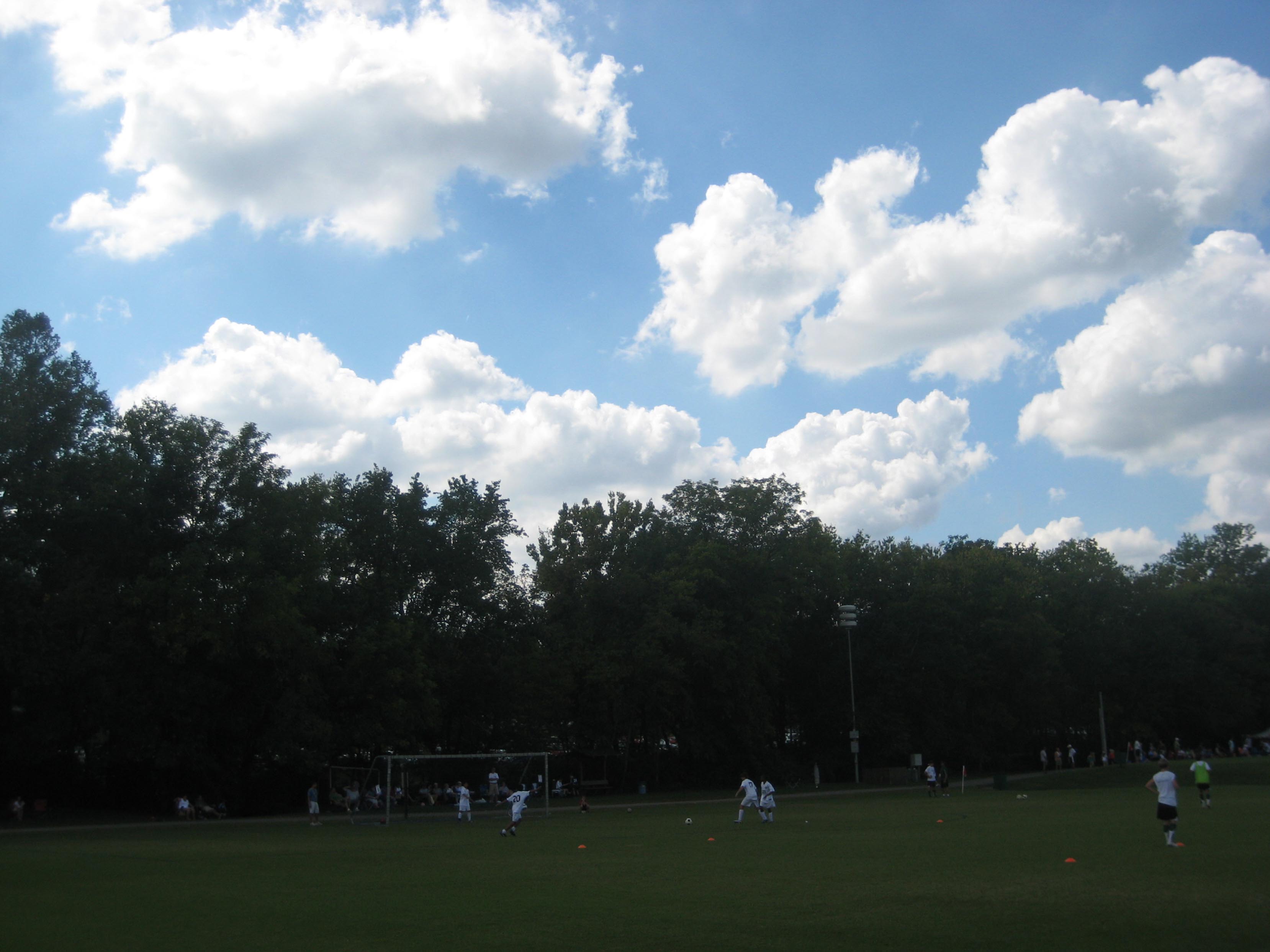Since time immortal, among the favorite pastimes of sport freaks has been gambling. Gambling is exciting, considering the risk involved, the luck factor and also the chance to make a lot of money in a few of hours. Online gambling has become popular with millions of individuals world wide, with more visiting betting sites and online casinos popping up online than ever before. One great benefit of having this facility online is of course, that it is accessible from any place which has an active internet connection. This has made gambling a sport in itself, available to millions of new people.
There is a boom in the online betting industry as well as the kind of profits many sites are enjoying now is unimaginable. Online casinos are not to be left behind, as there has been a rapid explosion of these also. Actually, online poker gives gambling, a glamour quotient by roping in celebrities for high profile tournaments. This means reaching out to a whole new market in itself.
But simply, the most successful story is the rise of sports betting. Fans who have enjoyed betting on games like soccer, football, polo, baseball, hockey and horse racing, can now do so online with the help of these sites. A whole new number of professional sports are cropping up to encourage the already soaring popularity of online betting. It may be correct to claim that audiences are now enjoying the betting experience without being at the field themselves. Welcome to the world of virtual reality.
There are actually innumerable so-called gambling experts prepared to dish out information of their systems to ‘beat the bookie’ or to make a second income from gambling, for a price of course. I will not do that. I will simply give you details about bookmakers, odds and gambling that you can use (or forget) while you see fit.
The first thing to mention is that the majority of individuals who engage in gambling will be net losers over-time. This really is the very reason there are actually so many bookmakers making so much cash throughout the world.
 While bookmakers can sometimes take big hits, as an example if a favourite wins the Grand National, they spread their risk so widely and they set up markets that incorporate a margin, so they are going to always generate a profit over the medium to long term, if not the short term. That’s, as long as they got their sums right.
While bookmakers can sometimes take big hits, as an example if a favourite wins the Grand National, they spread their risk so widely and they set up markets that incorporate a margin, so they are going to always generate a profit over the medium to long term, if not the short term. That’s, as long as they got their sums right.
When setting their odds for a particular event, bookmakers must first assess the probability of that event occurring. To do this they us various statistical models based on data collated over years, sometime decades, about the sport and team/competitor in question. Of course, if sport was 100% predictable, it might soon lose its appeal, and as the bookies will often be spot on with their assessments of the probability of an event, they’re sometimes way off the mark, simply because a match or contest goes against conventional wisdom and statistical likelihood.
Just look at any sport and also you will find an occasion in the event the underdog triumphs against all of the odds, literally. Wimbledon beating the then mighty Liverpool within the FA Cup Final of 1988, for instance, or the United States beating the then mighty USSR at ice hockey in the 1980 Olympics are two illustrations of when you might have got handsome odds on the underdog. And could have won a decent wedge.
The big bookmakers spend a lot of time and expense ensuring they have the right odds that ensure they take under consideration the perceived probability of the event, and after that add that extra tiny bit that gives them the profit margin. So if an event has a probability of, say, 1/3, the odds that reflect that probability could be 2/1. Which is, two to one against that event occurring.
On the flip side, a bookie who set these odds would, read review over-time, break even (assuming their stats are correct). So instead they can set the odds at, say, 6/4. In this particular way they have integrated the margin that guarantees, over time, they are going to cash in on people betting on this selection. It really is the same concept as a casino roulette.
Now how can you spot the occasions when bookmakers have got it wrong? Well, it’s easier said than done, but far from impossible.
One way is to get good at mathematical modelling and set up a model that takes into consideration as many of the variables that affect the outcome of an event as it can be. The problem with this tactic is that however complex the model, and however all-encompassing it seems, it can never account for the minutiae of variables relating to individual human states of mind. Whether a golfer manages to hole a major-winning five foot putt on the 18th at St Andrews it’s as much down to their concentration as to the weather or day of the week. Also, the maths can start getting pretty darn complicated.
Alternatively you may find yourself a sporting niche. Bookmakers will concentrate their resources on the events which make them the most money, generally found to be football (soccer), American football and horse racing. So trying to beat the bookies while betting on a Manchester United v Chelsea match will be tough. Unless you work with among the clubs, or are married to among the players or managers, it really is very likely the bookmaker setting the odds may have additional information than you.

